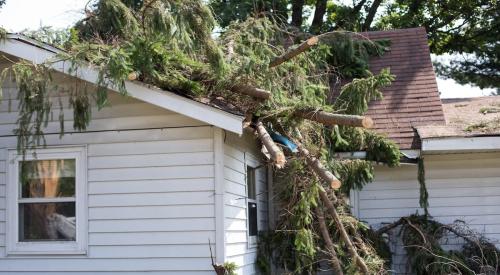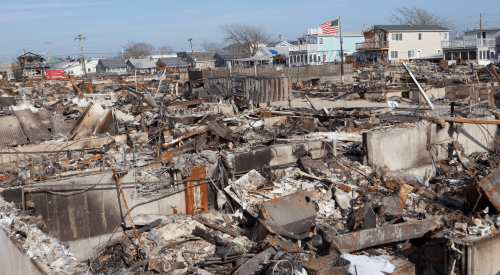Mortgage bankers and lenders are unprepared to mitigate their exposure to record-setting rain, floods, and wildfires let alone even gauge their risk from natural catastrophes that are more extreme due to climate change, according to a report from the Mortgage Bankers Association’s Research Institute for Housing America.
The report notes that as the mortgage industry wonders what to do next it will have to pivot from risk models that are focused on credit and operating risk underwritten and priced by insurance companies. Currently, mortgage lenders do not model climate risk and rely on models, perhaps outdated, from the Federal Emergency Management Agency, which already is highly stressed by the record volume of natural disasters.
There are numerous stakeholders in housing finance, including consumers, landlords, homebuilders, appraisers, mortgage originators and servicers, insurance companies, mortgage investors, government agencies, and the government-sponsored enterprises that issue mortgages (Fannie Mae and Freddie Mac). That means climate change will send significant pressure down a long financial line.
Not only is climate change putting more stress on the National Flood Insurance Program, it could increase mortgage default and prepayment risks, trigger adverse selection in the types of loans that are sold to the GSEs, increase the volatility of house prices, and produce significant climate migration, according to the report.













